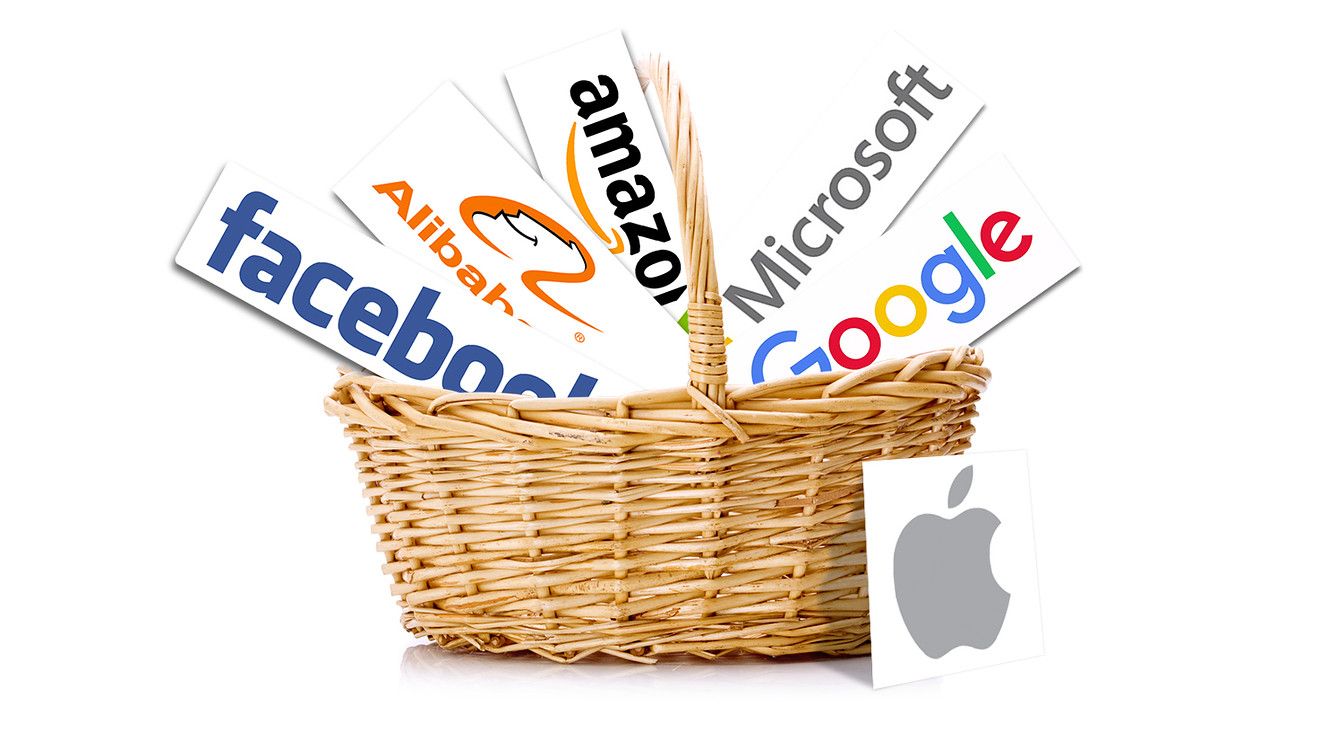
在紐約的金融業工程師,分享我的美股財報筆記 Blog: YC's Weekly Journal ( https://ycjhuo.gitlab.io/ )
What are ETFs? The first choice for beginners in investing

- If someone asks: how do I start investing? Or for people who are new to stocks and don't know how to choose which stocks to buy, I usually recommend investing in ETFs (passive) first.
What are ETFs? Differences from ordinary stocks
- ETF (Exchange-traded fund), the full name is an index stock fund. There are stocks and funds in the name. Does it belong to stocks or funds? We can think of it as a portfolio of stocks, an ETF usually consists of more than 30 stocks. So in essence, it doesn't matter if you think of it as a stock or a fund.
- Because ETFs are composed of many stocks, the volatility will not be as high as choosing only one stock, and the risks are more spread out. It is a relatively stable investment target. The stocks selected into the ETF are usually more representative in the industry, or stocks with larger market capitalization. Therefore, compared with our own stock selection, the probability of ETF stepping on a landmine is lower than simply investing in a stock.
- Because PS ETF is specially managed, a certain management fee will be charged every year.
Active ETFs, Passive ETFs
There are two types of ETFs: active and passive:
- Active ETF: The manager of the ETF, through their research, actively chooses which stock to add to the ETF, and which stock to remove from the ETF portfolio, and when to buy and sell stocks, all determined by Managers decide. Because it involves human research, the handling fee is higher.
- At present, I am more optimistic about the ARK INNOVATION ETF (ARK INNOVATION ETF) managed by Ark Investment led by Catherine Wood, stock code ARKK , the annual expense ratio is 0.75%, and the current net asset is 4.8 billion , the rate of return in the past year is 48.99%, and the rate of return in the past five years is 29.11%.
- Passive ETF: is an ETF that tracks the market's broad market index, usually consisting of 80% of the stocks in the entire market. Because the manager does not have to take the initiative to buy and sell stocks, the handling fee charged is lower.
- I recommend VOO (Vanguard S&P 500 ETF) managed by the Vanguard Group. From the name, you know that this is an ETF that tracks the S&P 500 index. The annual fee is 0.03%, which is the lowest among the S&P 500 index. At present, the net assets are 560 billion yuan, the rate of return in the past year is 7.45%, and the rate of return in the past five years is 10.69%.
- PS Active ETF returns will fluctuate greatly, while passive ETFs are the first choice for retirement funds because of their relatively stable returns.
ETF Picking Points
When choosing an ETF, I mainly focus on two points:
- Liquidity: That is, the size of the net assets of the ETF. If the scale of an ETF is too small, if too many people sell it at the same time, it will easily affect the stock price, and it will also result in the result that it cannot be close to the market index. The larger the ETF is, the more resistant it is to price fluctuations. risks of.
- Management fee: This is more obvious on passive ETFs, because they all track the large market index, and there will not be much difference in the rate of return. At this time, the management fee can be compared. But if you pick a passive ETF that doesn't get returns close to that of the broader market index, that's another story. An ETF that can accurately obtain an ETF close to the broader market index is a good ETF.
Source: my blog
Like my work?
Don't forget to support or like, so I know you are with me..
Comment…